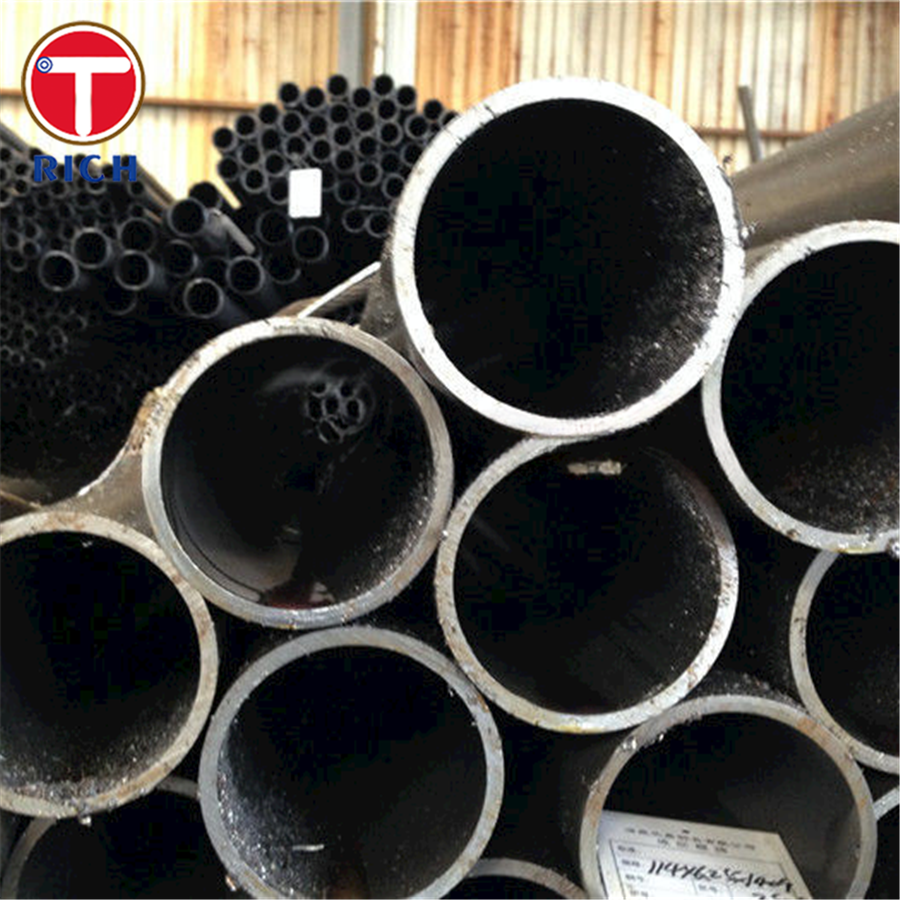
Mr. Richard SHEN
Leave a message
Mr. Richard SHEN
Leave a messageWhen it comes to choosing materials for various applications, the debate between alloy steel and aluminum often arises. Both materials have their own unique characteristics and advantages, making it important to understand their properties and compare them against specific requirements. In this article, we will explore three key questions regarding the superiority of alloy steel over aluminum or vice versa. By answering these questions, we can draw a conclusion on which material is better suited for various applications.
As alloy steel is made by combining iron with other elements such as carbon, manganese, and chromium, it inherently provides exceptional strength and durability. This material is highly resistant to wear, corrosion, and impact, making it suitable for heavy-duty applications such as construction, automotive manufacturing, and industrial machinery. On the other hand, aluminum is relatively lighter and less dense than alloy steel, which compromises its strength and durability. While aluminum is suitable for applications that require lightweight structures, it may not hold up as well under extreme stress or heavy loads.
Conclusion: In terms of strength and durability, alloy steel has the edge over aluminum.
Alloy steel typically exhibits a lower thermal conductivity compared to aluminum. This means that alloy steel tends to retain heat more efficiently, making it desirable in applications where heat needs to be contained, such as in power generation and high-temperature environments. Aluminum, on the other hand, has excellent thermal conductivity, making it a favorable choice in situations where heat needs to be dissipated quickly, like in the manufacturing of heat sinks or cooling systems.
Conclusion: The choice between alloy steel and aluminum depends on the specific thermal requirements of the application.
Due to its composition, alloy steel possesses excellent corrosion resistance. The inclusion of elements such as chromium and nickel helps create a protective surface layer that prevents the material from rusting or corroding easily. This property is particularly valuable in applications where the material is exposed to moisture, chemicals, or harsh environmental conditions. Aluminum also has some corrosion resistance, but it requires additional surface treatments or coatings to enhance its protection against corrosion.
Conclusion: Alloy steel has superior inherent corrosion resistance compared to aluminum.
While both alloy steel and aluminum have their own strengths and weaknesses, the question of which material is better ultimately depends on the specific application requirements. Alloy steel excels in terms of strength, durability, and corrosion resistance, making it ideal for heavy-duty and high-stress applications. On the other hand, aluminum offers advantages in terms of being lightweight and having excellent thermal conductivity, making it suitable for applications that prioritize weight savings or efficient heat dissipation.
Therefore, it is crucial to consider the specific demands of each application carefully. By weighing the desired characteristics, the choice between alloy steel and aluminum can be made wisely, enabling engineers and designers to select the most suitable material for their particular needs.

Previous: Is Alloy a Cheap Metal?

Privacy statement: Your privacy is very important to Us. Our company promises not to disclose your personal information to any external company with out your explicit permission.

Fill in more information so that we can get in touch with you faster
Privacy statement: Your privacy is very important to Us. Our company promises not to disclose your personal information to any external company with out your explicit permission.